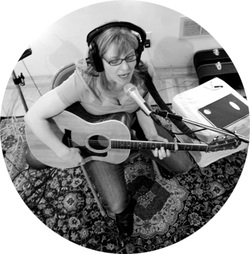
Songwriter, singer, musician and teacher, Rachel Garlin releases her fifth solo LP, Wink At July, on April 15, 2015. She wrote this new LP from coast to coast in the USA and in the isles of Scotland. It was recorded in San Francisco, near where Garlin grew up.
Her early years were spent in Berkeley and subsequently with activism and activist music. She holds a degree in Social Studies from Harvard; she both performs and teaches. Garlin is also a mom; she and her wife have two boys.
Her new folk-rock release (although do not let the term scare you, this is an accessible record for lovers of music) ranges from acoustic to full-band efforts. The songs determined for Garlin which direction. Some tracks, obviously, work best with a band and some without.
"The approach is pretty organic in that we get a band together and play through each song. If the parts are working, we develop it into a band song, and if the parts seem superfluous in any way, we just keep it solo," she says. "Since the lyrics are a big part of what I do, I want to make sure that the music production supports the songwriting, the lyrics, and the story."
The band she put together for the studio is a pretty impressive collection of collaborators. These include: producer JJ Wiesler (Matt Nathanson, Girls) and musicians Michael Urbano (John Hiatt, Smash Mouth), Prairie Prince (Journey, The Tubes) and Garlin’s longtime collaborators Julie Wolf and Jon Evans.
"I was fortunate to get to work with some seasoned pros on this project. Some of them are my buddies from way back (Julie Wolf and Jon Evans) and the other cats came from JJ Wiesler's roster of players who frequent the renowned Decibelle Studio where we tracked the album. When it comes to recording," says Garlin. "I love to bring in people who are comfortable improvising and working things out on the spot. That way, the sessions can stay really organic and human and we can play the music that's in the room that day, rather than being stuck to any particular formula or plan."
Who would Garlin recommend this LP to, even if it she lost her memory and didn't know it was by her?
"I recently learned that I am synesthetic, meaning that I see colors when I think of certain words or numbers or days of the week. I wonder if it's one of the reason I like words so much. They are so colorful to me. So maybe a fellow traveler on this road of synesthesia would enjoy an album like this, with words that are hopefully colorful, playful, thoughtful," says Garlin. "I like words so much. I like words so much that I invite anyone who hears this album to send me some. Words we can exchange. I promise to write back."
Find out more about Garlin, check out show dates and hear her music HERE
"The song, Dear Friend, occurred to me after friend of mine moved away to go to art school. The title track, Wink At July, speaks to the colors and 'layers of maroon on a painting that hangs at the top of my stairs. So there is so much crossover between visual and musical art on this record" she says.
There is a tendency to think of music as some separate thing from fine art; but it need not be.
"I do actually think of it that way {as art}. Particularly in the sense that the songs are an artistic entity that exist outside of the artist. The songs are not autobiographical journal entries, they are their own entities," she says. "Something I learned from the writings of Jeanette Winterson is the idea that the song is not about me or you or her or them. The song is about the song, just as the painting is about the painting. Ya dig? A little esoteric, I know. But that's how I think about it."
When it comes to creating these songs was partially inspired by Dave Wilcox.
"A long time ago, I went to a songwriting workshop with David Wilcox at the Tucson Folk Festival. We sat under a tree as he explained his process. He told us to put on headphones and listen to a song that moved us. He said you should listen to it repeatedly until you are soaking in the vibe/mood/emotion of that song. Then take of the headphones off and write, write, write," she says. "That approach, or some version of it, has stuck with me. I don't literally put on the headphones anymore, but I do try to tune in to a mood and make sure I have the time and space to fully go there. Usually that means I'm alone in the house with plenty of time and space to freely improvise out loud while trying out different melodies and lyrics over a chord progression. If something enduring comes along, I stick with it, keeping singing it and see what else unfolds."
"I love helping people get their stories out and reach into new areas of creativity. To the extent that teaching is about forming relationships and seeing them through, songwriting is like that too,” she says. “You come back each day and see where the story leads you. Performing is like teaching too, you have to read a room and relate with the audience. It's a constant exchange."
When Garlin was a child she enjoyed playing instruments and singing. But she was also into basketball. She played on a California Division 1 Stat championship team. She didn't begin to take music seriously until after college.
"I was teaching third grade at that time and I was constantly turning every lesson into a song and dance of some sort (which tends to work really well with third graders). That summer, I took a trip to Guatemala to study Spanish since many of my third graders came from bilingual families," says Garlin. "For my final project at the Spanish school in Guatemala, I wrote a song about a local cafe (but it was actually a secret love song for the cafe owner's daughter), so many things came to light that summer. When I got back to the states, I figured that if I could write a song in Spanish, maybe I could write one in English as well. And that's how my first album happened."
Her favorite piece of gear comes from those early years playing and singing.
"My only prized piece of gear is the Gibson J-50 guitar that my dad bought from a New York City pawn shop when he was 16. He ended up selling the guitar a few years after he bought it, but he sold it to a friend, so by the time I started playing guitar, we were able to track down the guitar and borrow it back while I learned to play. At a certain point, my dad wanted to buy it back so that I could take it on the road with me, but the friend was reluctant to sell it, since he didn't feel like going out and buying a replacement," she says. "So my dad offered to buy a replacement of equal value for him and then trade it for the Gibson, and the friend liked that arrangement better. So my dad traded the guitar back into our family and then on my 27th birthday, he gave it to be as a gift and I've recorded and gigged with it ever since. It's got a great low-end and a rich sound and it's been my companion on tours as far as Sweden and Denmark."
"Standing at the corner of Brattle Street and JFK in Harvard Square, I spotted "The Law Offices of Dewey, Cheetham, and Howe" (aka Car Talk) posted in a second floor window. I simply took the elevator up and dropped off my (then) new album with the song Alternative Fuel on track #7. I included a short note explaining that a friend of mine and I had just completed a cross-country tour in one of the first ever bio-diesel vehicles that also had a second tank that ran on straight vegetable grease," says Garlin. "A few days later, I got a call from someone at the station and the next thing I knew, Alternative Fuel had taken to the airwaves via Car Talk. Later, the song was placed in a movie called, Fuel, so the Car Talk exposure paid off! {I am} ever indebted to Click and Clack, and not just for teaching me how to properly rotate the tires on my old VW."
Get your music in front of people and you never know what might happen. The worst thing that will happen is they ignore it or say no.
Garlin is working on shows, tours and working in her community.
"I'm playing a bunch of shows in California this spring, followed by some out of town gigs in the summer," says Garlin. "I host a bi-weekly songwriters group for women singer-songwriters; each of us commits to bringing a brand new song every two weeks, so that keeps me accountable to my own writing practice."
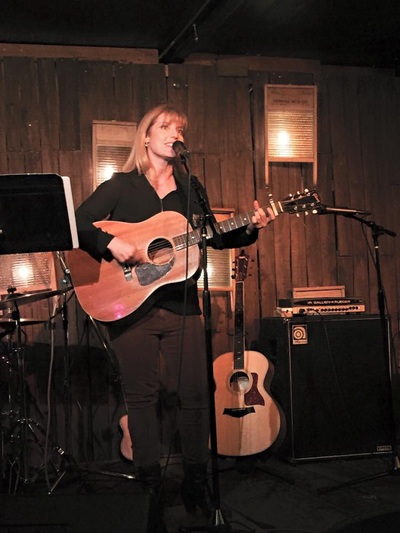
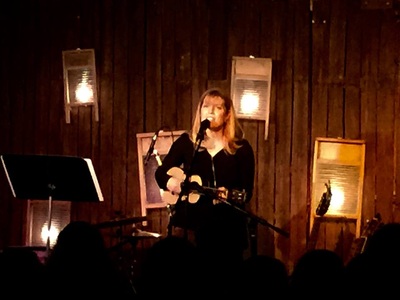
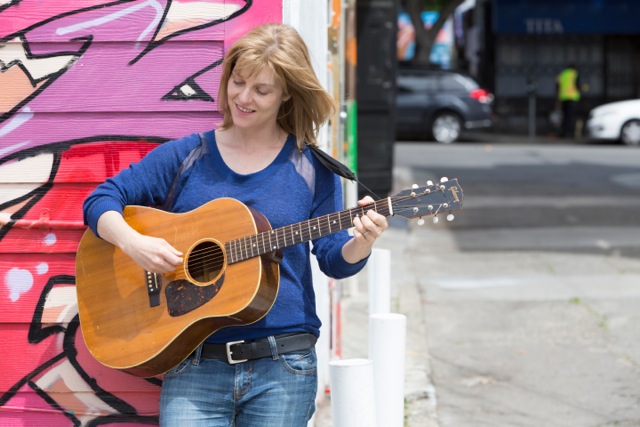
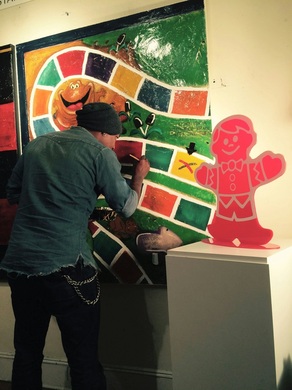
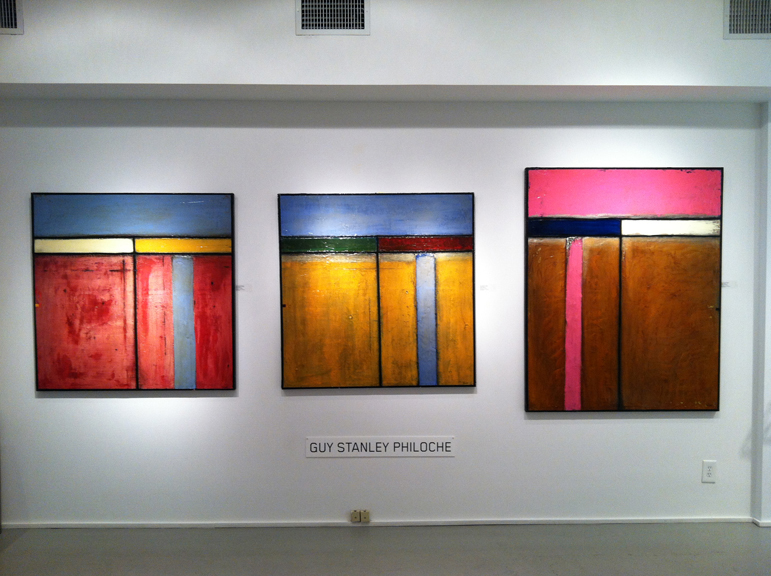
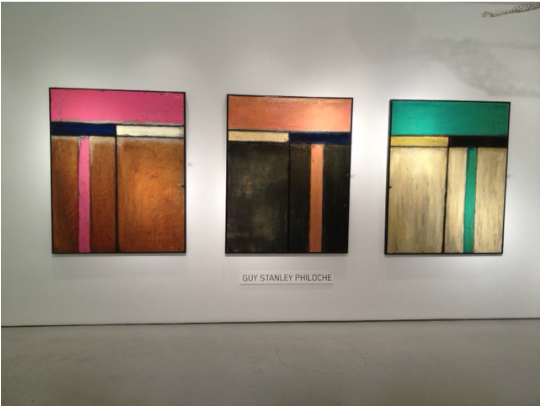
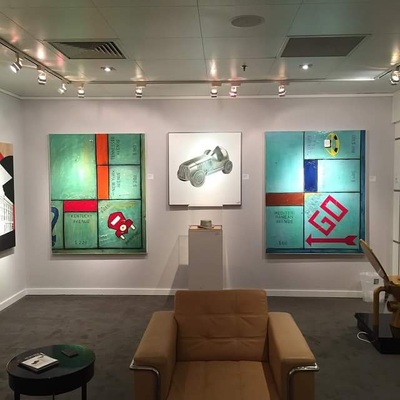
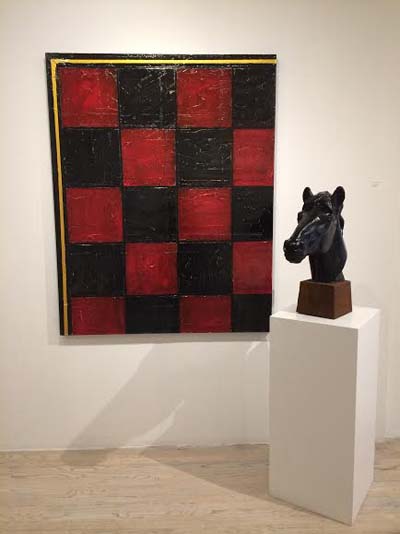
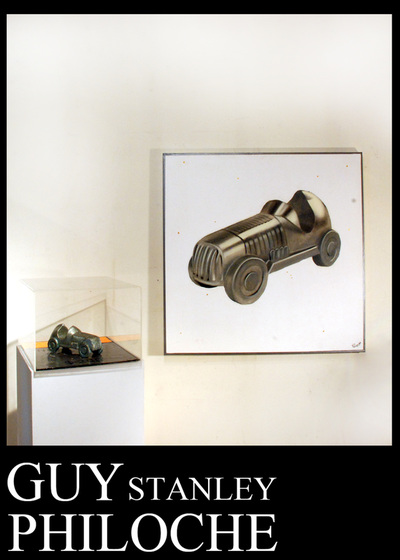
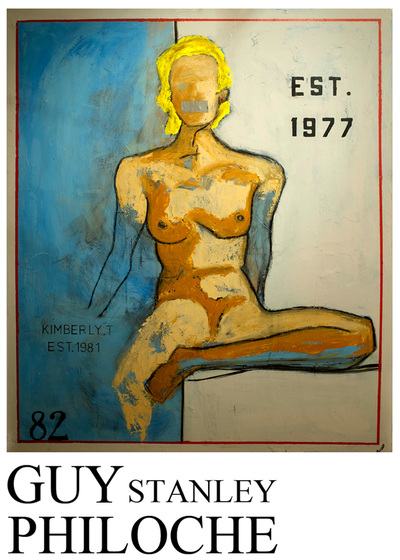
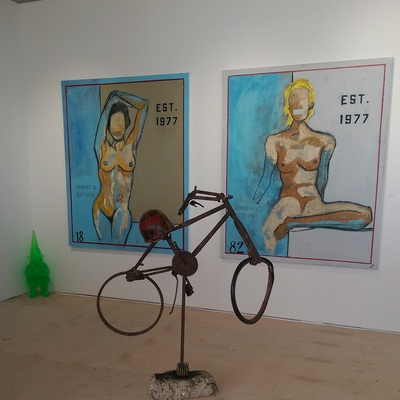
 RSS Feed
RSS Feed